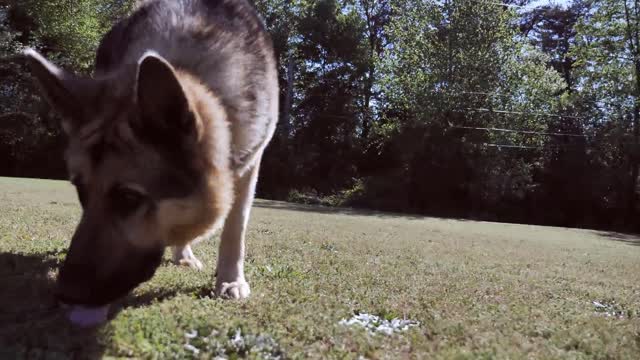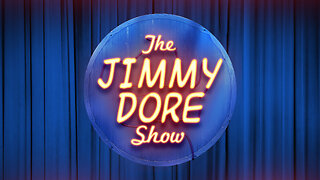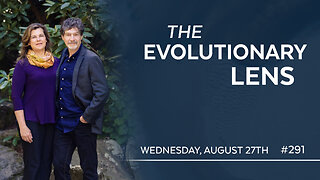Premium Only Content

Understand the probiotic trend in animal nutrition.
Understand the probiotic trend in animal nutrition.
Probiotics are live bacteria or yeasts of different strains that can be added to food or feed. The best transient colonization occurs with microorganisms (MOOGs) such as lactic acid bacteria, which are mostly isolated from the gastrointestinal tract of mammals, and therefore have their best condition for growth and adaptation in them (provided they survive the thermal process and digestion steps prior to their arrival in the intestine).
The genera Lactobacillus, Bifidobacterium, and Streptococcus, for example, are lactic bacteria that colonize the gastrointestinal tract and act by competitive exclusion, adhering by means of fimbriae to the cells of the intestinal epithelium, as well as to the main pathogens. The few pet foods on the market that contain probiotics are restricted to the use of Bacillus sp and yeast (Saccharomyces cerevisiae), because they are considered more resistant microorganisms to the extrusion process. However, these are non-colonizing microorganisms, which only pass through the intestinal lumen along with the food content and do not adhere to the epithelium.
Probiotics have wide application in veterinary practice from the primary immunomodulatory effects beneficial to the intestinal microbiota. They exert a biological effect, promoting a low oxygen tension environment, preventing the growth of pathogenic microorganisms, mainly of the genus Salmonella spp. They also have a chemical effect, producing organic acids that will reduce the pH of the intestinal lumen, in order to inhibit the activity of harmful bacteria (such as Clostridium perfringens). They also promote the growth of beneficial microorganisms (such as Lactobacillus). Probiotics can also produce bacteriocins, which inhibit the development of Salmonella, Escherichia coli, and Staphylococcus, fighting disease-causing pathogens.
In turn, it is important to emphasize that the study of the microbiota of dogs and cats may also have an influence on human health, due to the increasingly close relationship between guardians and pets. Not only does dietary supplementation contribute to the modulation of the microbiota, but also our surroundings, as the individuals we interact with can also shape our microbial communities. A study by SONG and colleagues (2013) observed that dog guardians shared more bacteria with their dogs than with dogs of other guardians, especially in the skin microbiota.
-
 LIVE
LIVE
Steven Crowder
1 hour ago🔴Minnesota Catholic School Shooting Update - Shooter & Manifesto
34,442 watching -
 LIVE
LIVE
The Jimmy Dore Show
1 hour agoTrump & Newsom Trade Barbs Over HAND SIZE! Cracker Barrel CAVES to Public Pressure!
2,223 watching -
 LIVE
LIVE
Darkhorse Podcast
1 hour agoThe 291st Evolutionary Lens with Bret Weinstein and Heather Heying
229 watching -
 LIVE
LIVE
StoneMountain64
2 hours agoHUNTING FOR THE FIRST WIN BACK ON WARZONE
233 watching -
 1:13:02
1:13:02
Simply Bitcoin
3 hours ago $3.21 earnedINSIDER CONFIRMS 1M Bitcoin Buy INCOMING!! | EP 1319
33.9K -
 1:03:00
1:03:00
Sean Unpaved
2 hours agoCFB Deep Dive: Matt Moscona's Expert Takes on the Gridiron
27.9K -
 27:39
27:39
Crypto.com
1 day ago2025 Live AMA with Kris Marszalek, Co-Founder & CEO of Crypto.com
99.6K6 -
 LIVE
LIVE
SternAmerican
23 hours agoElection Integrity Call – Wed, Aug 27 · 2 PM EST | Featuring Arizona
290 watching -
 1:00:05
1:00:05
Timcast
3 hours agoMASS SHOOTING At Catholic Church In Minneapolis, Children Reportedly Targeted
154K85 -
 1:34:01
1:34:01
Tucker Carlson
1 hour agoChristopher Caldwell: Is It Too Late to Save the English-Speaking World?
31.3K41